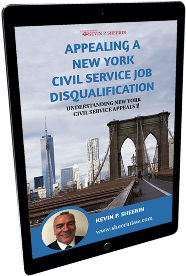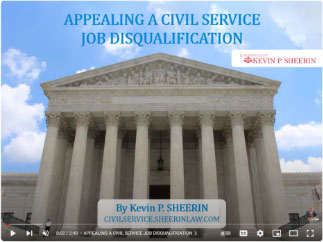NYC Human Rights Law
Matter of Cruz v Schriro, 51 Misc 3d 1203[A], 2016 NY Slip Op 50363[U] (Sup Ct, NY County 2016).
• Plaintiff began working with the Department of Corrections and when he was sent to Rikers, to work or for training he would experience allergic reactions on several occasions. For example, On August 7, while attending graduation rehearsal at Rikers, he experienced hives and swelling of his face, and, in order to stay for the rehearsal, he used the Epipen to alleviate his symptoms. Later, on September 14, petitioner underwent a “uvulectomy,” surgery to minimize throat swelling and difficulty breathing during an allergic reaction. He went on approved sick leave until his employment was terminated. He asked to be accommodated but the Health Management Division refused to consider it. He then was fired for having over 50 absences, due to dermatology.
• The court found that petitioner sufficiently alleged, and presented sufficient evidence, including medical documentation, to show that his hives and other allergic reactions, even if their etiology is uncertain, represent a physical impairment and/or a record of a physical impairment falling within the NYCHRL’s broad definition of disability.
• The next issue was whether the DOC failed to reasonably accommodate plaintiff or their lack of was due to it causing an undue hardship. The court held absent any response to petitioner’s request and any effort to engage with petitioner in any process to explore or consider what other possible accommodations could be made, either at Rikers or elsewhere within its system, respondents fail to establish that there was no feasible accommodation that they could provide.
• Finally, that the Court directed for a trial on the issues of whether respondents violated the New York City Human Rights Law by failing to reasonably accommodate petitioner’s disability and by terminating his employment, etc.

